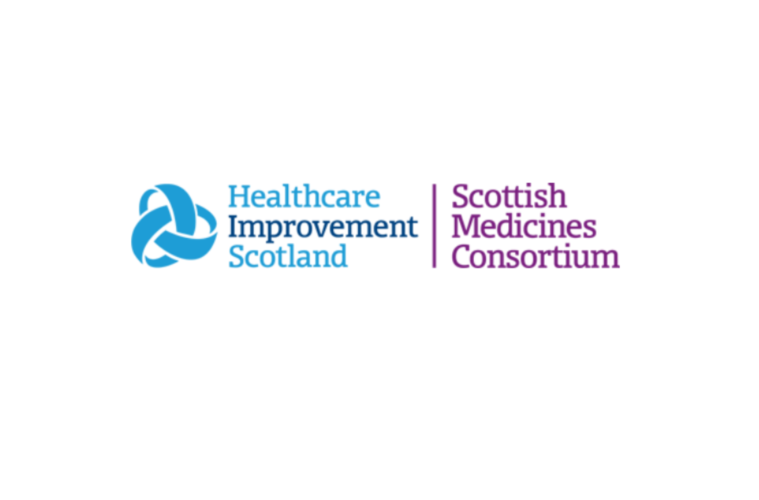The Scottish Medicines Consortium (SMC) has today announced that Ofev® (nintedanib) has been accepted for use by NHSScotland for the treatment of adult patients with chronic fibrosing interstitial lung diseases with a progressive phenotype (PF-ILD).[i]
Following this positive advice, nintedanib will be made available for NHS use in Scotland, and people living with PF-ILD in Scotland will have access to the first licensed treatment for this devastating, life-limiting disease.[ii] Until now, patients with PF-ILD had no licensed treatments available that effectively modified the course of their disease.
“We are delighted with today’s SMC decision, which offers real hope to people in Scotland living with PF-ILD who for so long have felt powerless with the huge physical and emotional burden of living with this debilitating disease, and while it steadily worsens,” said Steve Jones, Chair of Trustees, Action for Pulmonary Fibrosis. “It is encouraging that they will now have a treatment that can slow its progress.”
Interstitial lung disease (ILD) describes a diverse collection of more than 200 lung disorders.[iii] On average,13-40% of patients with ILD might develop a progressive fibrosing phenotype.[iv] Patients with PF-ILD typically have progressive, self-perpetuating scarring (fibrosing) of interstitial lung tissue,3,[v]
which is characterised by worsening lung function, breathlessness, physical performance and quality of life and early death.2,3,[vi] PF-ILD has variable prognoses,2,3,5 and some can be much worse than many cancers.[vii],[viii]
Dr Owen Dempsey, Consultant Respiratory Physician, Aberdeen Royal Infirmary said: “The SMC’s positive announcement regarding nintedanib means that we will soon have available the first licensed treatment for people living with chronic fibrosing interstitial lung diseases with a progressive phenotype. This will advance the clinical management of patients with this debilitating condition, by providing a treatment in what is currently a complex and challenging disease to manage.”
“Today’s positive recommendation by SMC means that nintedanib will be available through NHSScotland to people living with PF-ILD in Scotland, whose everyday lives can be significantly affected by this progressive disease. We look forward to collaborating with health boards across Scotland to ensure optimal access to nintedanib as part of local PF-ILD service provision,” said Dr Douglas Clark, Head of Medical Affairs at Boehringer Ingelheim UK & Ireland. “The next step for Boehringer Ingelheim is to try to ensure that PF-ILD patients in England, Wales, Northern Ireland and Ireland have the same level of access to nintedanib.”
[i] SMC advice on nintedanib. Available at: https://www.scottishmedicines.org.uk/medicines-advice/
[ii] Kolb M and Vašáková M. 2019. The natural history of progressive fibrosing interstitial lung diseases. Respiratory Research. 20:57
[iii] Cottin V et al. 2018 Presentation, diagnosis and clinical course of the spectrum of progressive-fibrosing interstitial lung diseases. Eur Respir Rev. 27:180076
[v] Wong, AW. et al. 2020. Progression of fibrosing interstitial lung disease. Respiratory research. 21(1). 32
[vi] Flaherty KR et al. 2019. Nintedanib in progressive fibrosing interstitial lung diseases. New England Journal of Medicine
[vii] Office for National Statistics. 2019. Cancer survival in England: adult, stage at diagnosis and childhood – patients followed up to 2018. Available at: www.ons.gov.uk/peoplepopulationandcomFmunity/healthandsocialcare/conditionsanddiseases/bulletins/cancersurvivalinengland/stageatdiagnosisandchildhoodpatientsfollowedupto2018#main-points. Last accessed June 2021
[viii] Su R et al. 2011. An analysis of connective tissue disease-associated interstitial lung disease at a US Tertiary Care Center: better survival in patients with systemic sclerosis. J Rheumatol.;38(4):693-701
[ix] Richeldi L et al. 2014. Efficacy and safety of nintedanib in Idiopathic Pulmonary Fibrosis. New England Journal of Medicine. 370. 2071-2082


